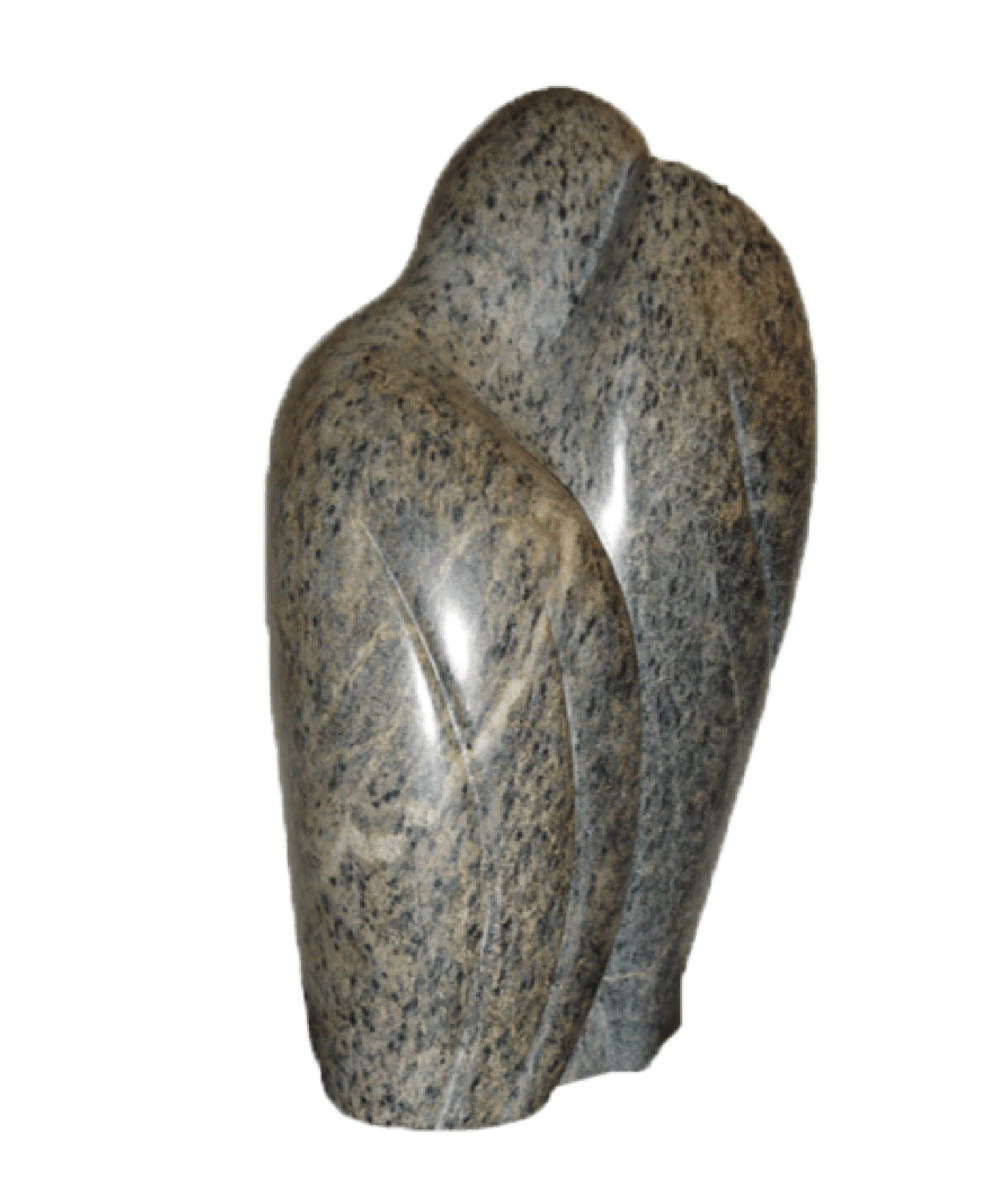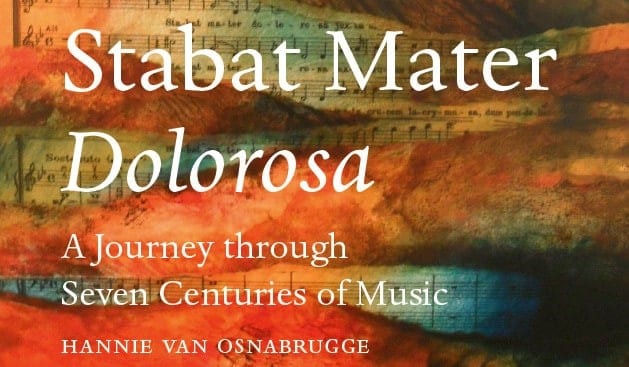Anonymous (Sardinia)
About the composer
These very interesting Stabat Maters are sung in the Holy Week in several villages in Sardinia. Nothing is known about who composed these Stabat Maters. They probably origin from early medieval times. It was in the 13th century that the Franciscans founded the laudesi brotherhoods. As they were not allowed to play a role in liturgy, the laudesi sang in processions, certain Holy Week ceremonies and played a role in passion plays or religious mysteries celebrated on the church square. The Stabat Maters and Misereres on this recording may represent a remnant of this. They are sung by the villagers themselves in a very special musical polyphonic idiom that vaguely resembles Gregorian chant, but each villages sings a different version. These brotherhoods can also be found on the island of Corsica. Moreover, in villages throughout the southern part of Italy polyphonic Stabat Maters are still being sung during processions, for instance in the area of Naples.
About the Stabat Mater
| Date: | 1400-1600? |
| Performers: | Countertenor, Tenor, Bass and Falsetto |
| Length: | Village of Aidomaggiore: 3.32 minutes, Village of Castelsardo: 7.30 minutes, Village of Cuglieri: 8.34 minutes |
| Particulars: | The singing is organized by Brotherhoods, who study from December till Easter. Then the head will choose who will sing that year. During Holy Week ritual activities have a theatrical character and the pieces are sung during processions, either en route or during specific stations |
| Textual variations: | Only stanzas 1 and 2 are executed. The Latin text is used, but sometimes so distorted by the singing that it is completely impossible to understand. |
| Colour bar: |
|
Information about the recording
| CD: | Le Chant du Monde LDX 274 936: Sardinia, Polyphony for Holy Week |
| More info: | The recordings were made in Sardinia in the years 1985-1991, as part of a research in ethnomusicology. |
| Choir: | Sardinian village people |
| Other works: | 7 Misereres from different villages |
| Code: | ANO SAR-01 |
Listen





